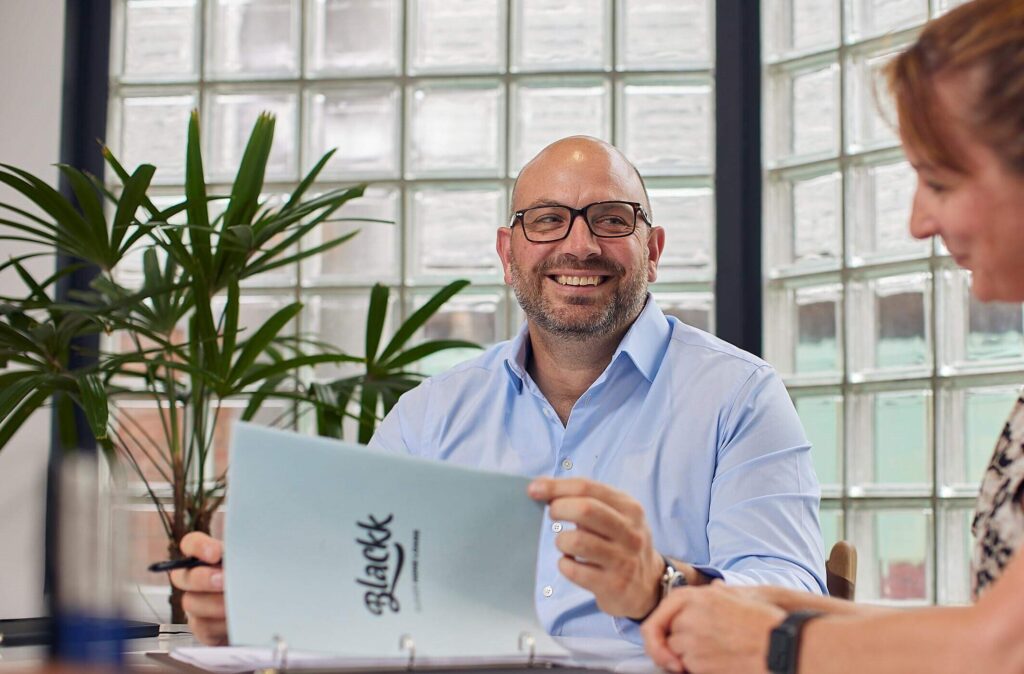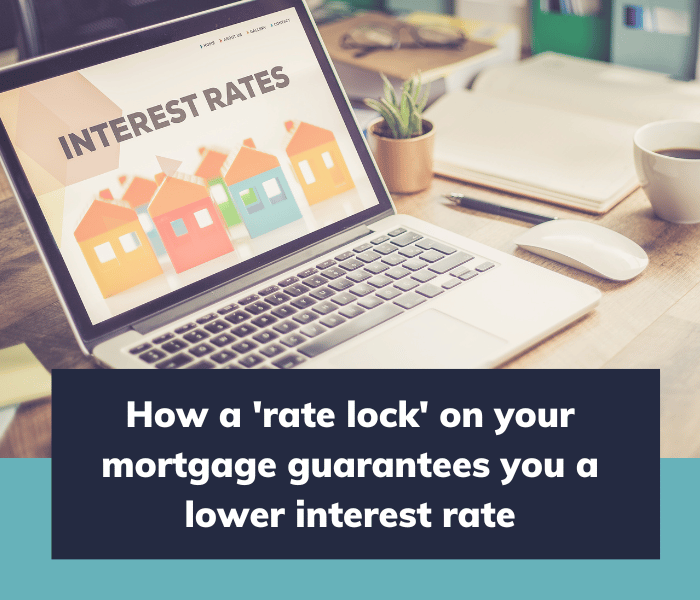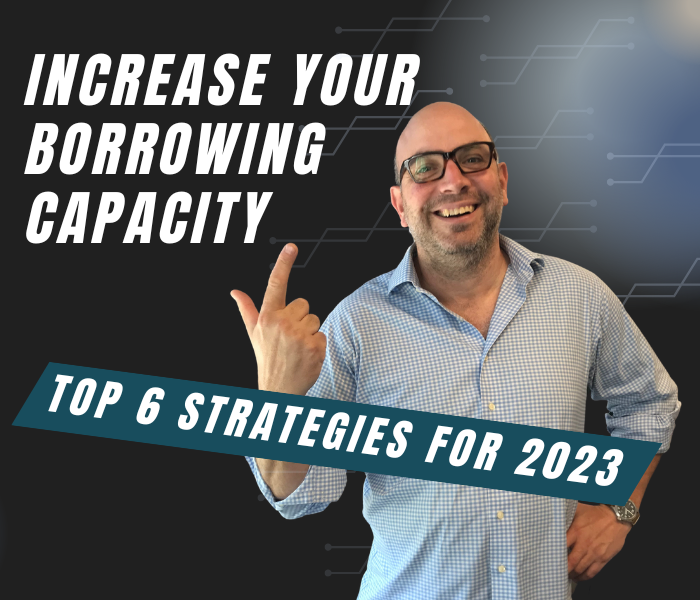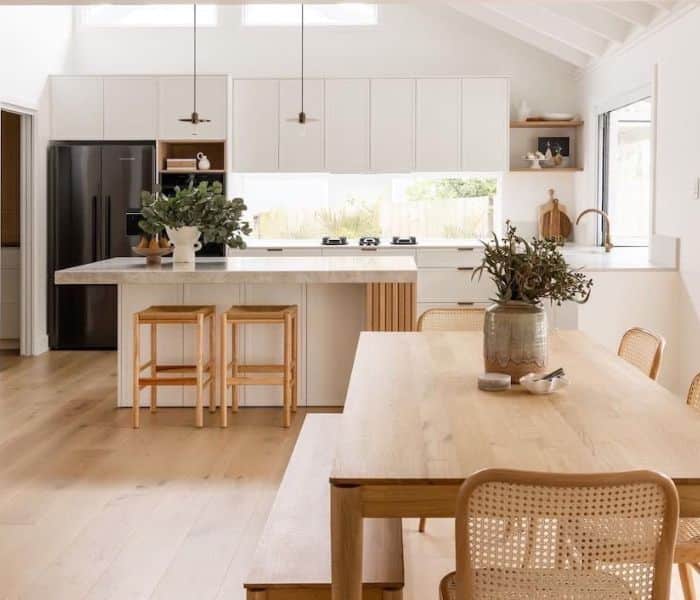How does a rate lock protect my interest rate?
Imagine this scenario: Interest rates are on the rise, and you’re in the process of securing a home loan. Just before settlement, your lender increases their fixed rate loan. Suddenly, you’re faced with the possibility of missing out on the lower rate you initially applied for, resulting in higher interest payments.
This situation is more common than you might think, and it’s where a rate lock comes into play. A rate lock is a valuable tool that protects you from potential rate increases during the loan application process. It essentially “locks in” the interest rate you’ve been offered for a specified period, typically 30 to 90 days.
You might be wondering, “Should I lock my mortgage rate?” The answer is likely yes, and we’ll explore the reasons why below. A rate lock can provide peace of mind and financial stability in an ever-changing market, ensuring that you secure the rate you were initially offered, even if market rates increase before your loan is finalised.
What is a Rate Lock?
It is insurance to ensure you are guaranteed the fixed rate offered regardless of increases to the interest rates during the settlement process.
- Is where you are taking out a fixed rate loan or applying for a fixed rate loan
- Although it is a fixed rate loan the rate is not guaranteed until it settles
- The rate lock guarantees the rate at the time of application so you are not affected if rates change before your loan settles
- The rate lock usually covers a period of 90-days
- The cost is usually a set fee or a percentage of the mortgage
How does rate lock work?
A rate lock works to guarantee the fixed interest rate you applied for.
If interest rates go up between when you applied for your home loan and the settlement of your loan – then you will get the rate you applied for.
So, in other words, it is an offer by a lender, to guarantee the interest rate of your loan for a specified period of time, usually 90 days.
There is often a fee for rate lock, which is covered below.
Now a lot of people don’t know this, but the interest rate you end up paying on your fixed loan, is actually the rate the lender has set at the date of your loan settlement.
It’s not the rate you were told by your bank or mortgage broker when you applied for your home loan.
Now a few things need to happen to get your loan from application to settlement- like getting approved, signing loan documents, and both the loan and property settlements need to occur.
This can take anything from 4 to 6 weeks through to several months or more.
In this situation, you are at greater risk of lenders increasing their rates, so you may end up paying more in interest for the fixed term of your loan.
How long does a rate lock last?
Most banks guarantee your rate for 90 days while others do 60 days.
If we think rate lock is important in your personal situation, we will consider lenders with the longer period of 90 days.
What is the rate lock fee?
There are two ways lenders charge a rate lock fee:
- Flat fee – usually between $375 to $1,000; or
- Percentage of the loan – usually between 0.10 – 0.15% .
The rate lock fee is the same whether you are fixing for 1 year or 5 years.
The size of the amount you are fixing can affect the rate lock fee in some instances.
Some lenders will advertise that they will rate lock for free, but the cost is usually already built into the loan.
Although it is an extra fee we would recommend not choosing a home loan provider based upon the fact that they are the only ones that don’t charge a rate lock fee.
If you have paid a rate lock fee, then on the day that you settle, the lender may give you either – the fixed rate on offer OR the rate which you locked – whichever is the lower.
Some examples of how different banks charge for rate lock:
- Lender 1: $750 up to $1,000,000 up to 5 years
- Lender 2: $450 or 0.15% of loan amount – which ever is greater
- Lender 3: Is not charging a fee however there are restrictions on how rate lock applies.
Again, it’s best to discuss this with us.
Case study: Should I pay a rate lock fee?
You are applying for a fixed rate loan at the moment.
At the same time as selecting your lender and the rate, you also looked at your household budget to be sure of what you could afford in loan repayments.
After discussing it with a mortgage broker, you feel comfortable being able to make the loan repayments – as long as rates don’t go up for a few years (which is why you are fixing in the first place).
You also want the certainty that your loan repayments won’t be effected by your lender hiking rates before your loan settles, in 60 days time.
From a budget point of view, you want to guarantee what your repayments are going to be.
So you will pay a rate lock fee.
Here are the numbers:
- You are fixing $600,000, which is two-thirds of your loan (total loan is $900,000 where one third is variable and two thirds is fixed).
- Property is settling in for 60 days
- The fixed rate you are looking to secure for 3 years is 4.25% (the rate you applied for on your loan application)
- By paying a rate lock fee, it protects you so that no matter what the three -year fixed rate in 60 days, you still get 4.25%
- The rate lock fee on this size loan is between $800 to $1,250.
Say the bank raises your fixed rate to 4.75%, just a few weeks before settlement, and you did not pay a rate lock fee.
- Your repayments are an extra $179 a month
- Over the 3 year fixed term this is $6,444.
- In this case, you are definitely better off paying the rate lock fee.
In an environment where banks seem to always be locking in a new interest rate, this gives you peace of mind.

Is rate lock worth it? Should I lock in my mortgage rate?
It comes down to how much your peace of mind and certainty is worth.
Rate lock nearly always comes at a cost and that cost is anywhere from a set fee (usually between $375 to $1000) through to a percentage (usually between 0.10 – 0.15%) of the loan amount that you are rate locking.
The value of the fee depends upon how much you think interest rates might change.
It can be hard for people, even economists, to predict when banks will raise their fixed rates.
However this is something we are very close too so we can advise you on what to do.
Let me give you some examples.
I would recommend considering a rate lock in this situation
When we as mortgage brokers are assessing if a rate lock is necessary, we also look at a number of indicators which include the following.
- You are looking to fix your loan of $800,000 for a longer period like 5 years.
- It’s a turbulent interest rate environment (like we are experiencing at the moment), so lenders are increasing rates often.
- You have a longer fixed rate period of 5 years, the impact of being on the higher rate is going to be greater on your back pocket.
- Does your lender have interest rates that are considerably lower than competitors right now (say 0.25% less)? If your lender does, this suggests that it’s likely they may raise their interest rates as well to match the market.
- Another factor is the jump in rates V the fee amount. For example, you are paying the 0.1% rate lock fee and interest rates only rose by 0.02%, then because 5 years at 0.02% works out at more than the 0.1%, then you are probably better off paying the rate lock fee.
Advice: Paying the rate lock fee of 0.1% may be a good decision due to the risk of rising rates, the larger loan amount and the longer period of 5 years you are fixing for.
I would not recommend a rate lock in this situation
- You are fixing your loan of $300,000 for 1 year.
- It’s a ‘low risk’ environment where:
- Interest rates aren’t changing very much
- No other banks are changing interest rates; and
- There is not a lot of news about interest rates changing.
- With a rate lock fee of 0.1%, the interest rate on your loan, has to increase by more than 0.1%, for you to be worse off.
Advice: Paying the rate lock fee of 0.1% might not be the best use of your money, as rates are unlikely to go up, you are only fixing for one year and you have a smaller loan amount.
Why do banks charge a rate lock fee?
Rate lock fees are charged because it is a form of insurance.
Just like you would pay for insurance on your home or car, here you are paying insurance on interest rates rising.
If interest rates rise it doesn’t affect you.
So really you are insuring that fact that you are not going to pay any higher amounts on your interest rate to fix your loan and a fee is charged for this guarantee.
When is rate lock more important?
Rate lock is more relevant and worth considering in times of rising rates AND:
- Longer fixed term – the longer the fixed term you are applying for, the more you should consider the rate lock i.e. 5 years more likely than 1 year
- Peace of mind – when you have a set budget for your loan repayments and you don’t want to risk rising rates
- Your rate V other lenders – the lower the rate you can get with the bank you are choosing in comparison to everyone else, the more you should consider rate lock
- Type of rate of lock fee v loan size – if you are paying a flat rate fee and you are doing a bigger loan amount. So let’s say you are paying $750 it doesn’t matter if you are fixing a $100,000 or a $1,000,000. On a higher loan, it doesn’t take long for the saving on interest to outweigh the cost of the rate lock
What are the downside of rate lock?
The two main factors to consider are:
- The fee which you have paid even if rates don’t go up between when you applied and settlement
- Will you get the lower rate in banks actually drop the fix rate while you are in the rate lock guarantee period (rather than raise rates)
Can you do a rate lock on a pre approval?
No, you can only do a rate lock on an actual home loan application.
When does a rate lock start?
This is different across banks, for example, banks can apply the rate lock fee when:
- You apply for the loan
- Date you pay the rate lock fee
- Date of unconditional loan approval.
As all banks have different policies, it’s best to check with us first.
Stay with your current bank to avoid rate lock.
If you are staying with the same bank then they will often just fix a portion of your loan at no fee.
You can usually do that by fixing it online and having the documentation sent for you to sign, or a phone call to lock it in but that is where you have an existing loan with that bank and you are looking at fixing it with them.
99% of the time, it is always good to check, and we would always check for you if we were helping you with it, as soon as you have notified the bank and they have received the notification from you that you want to fix your loan and what portion of it they will guarantee that rate for a period of time.
How we help.
If you are considering fixing your home loan, and you want to consider a rate lock, please feel free to book a free 15minute call with me to discuss what is best for your personal situation.
We will ensure all bases are covered for you to get the best possible outcome.
We take into consideration :
- If rate lock is the best solution for you
- Which banks will provide you with the best solution for you
- Which banks will offer the lower rate if rates drop
- Ensure the process is correctly managed so you get the rate lock confirmed in what can be a complicated process.
- Ensuring you don’t miss out on the best rate.
My name is Victor Kalinowski and I’m a mortgage broker at Blackk Mortgage Brokers, with offices based in West End (Brisbane) and Burleigh Heads (Gold Coast). If you’re interested in getting in touch for some advice, book a call instantly at a suitable time or call us on 07 3122 3628 today.
Blackk Finance is a leading Brisbane mortgage broker and refinance broker with specialist knowledge in the low-interest-rate mortgage sector. Explore our services to begin your journey towards financial security with smart property investment.

The information contained on this page is general in nature. It serves as a guide only and does not take into account your personal financial needs. Before you act on this information you should seek independent legal and financial advice. Copyright Blackk Mortgage Brokers 2023.





